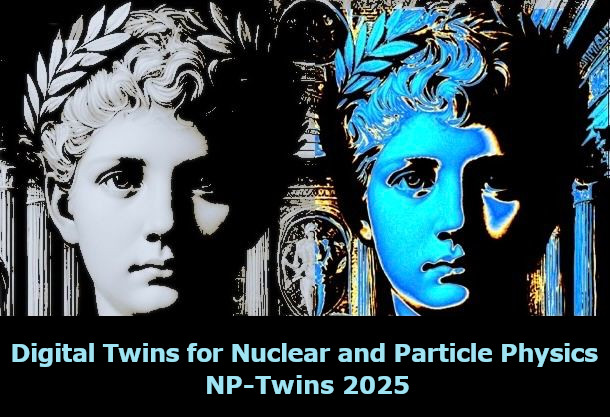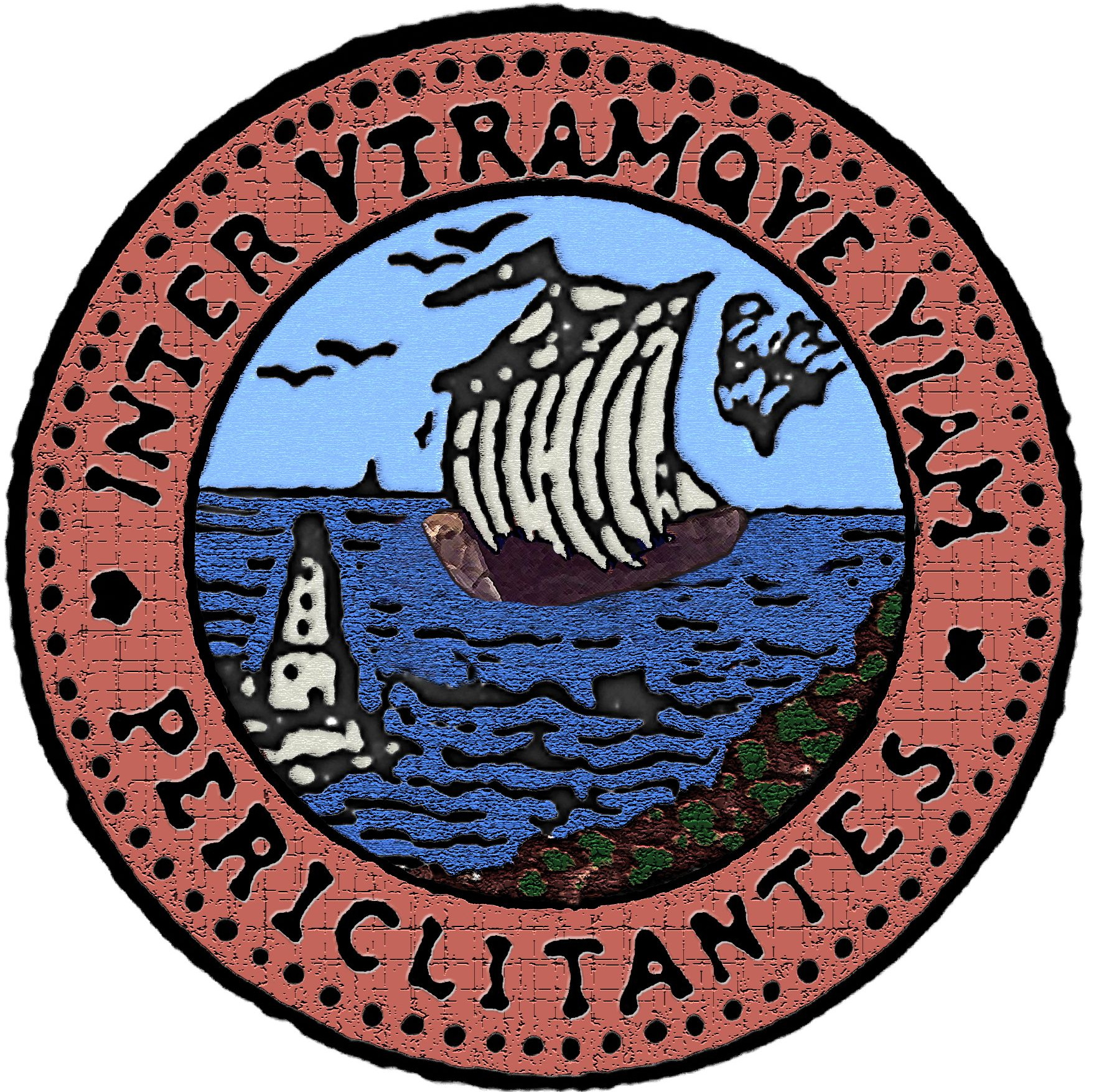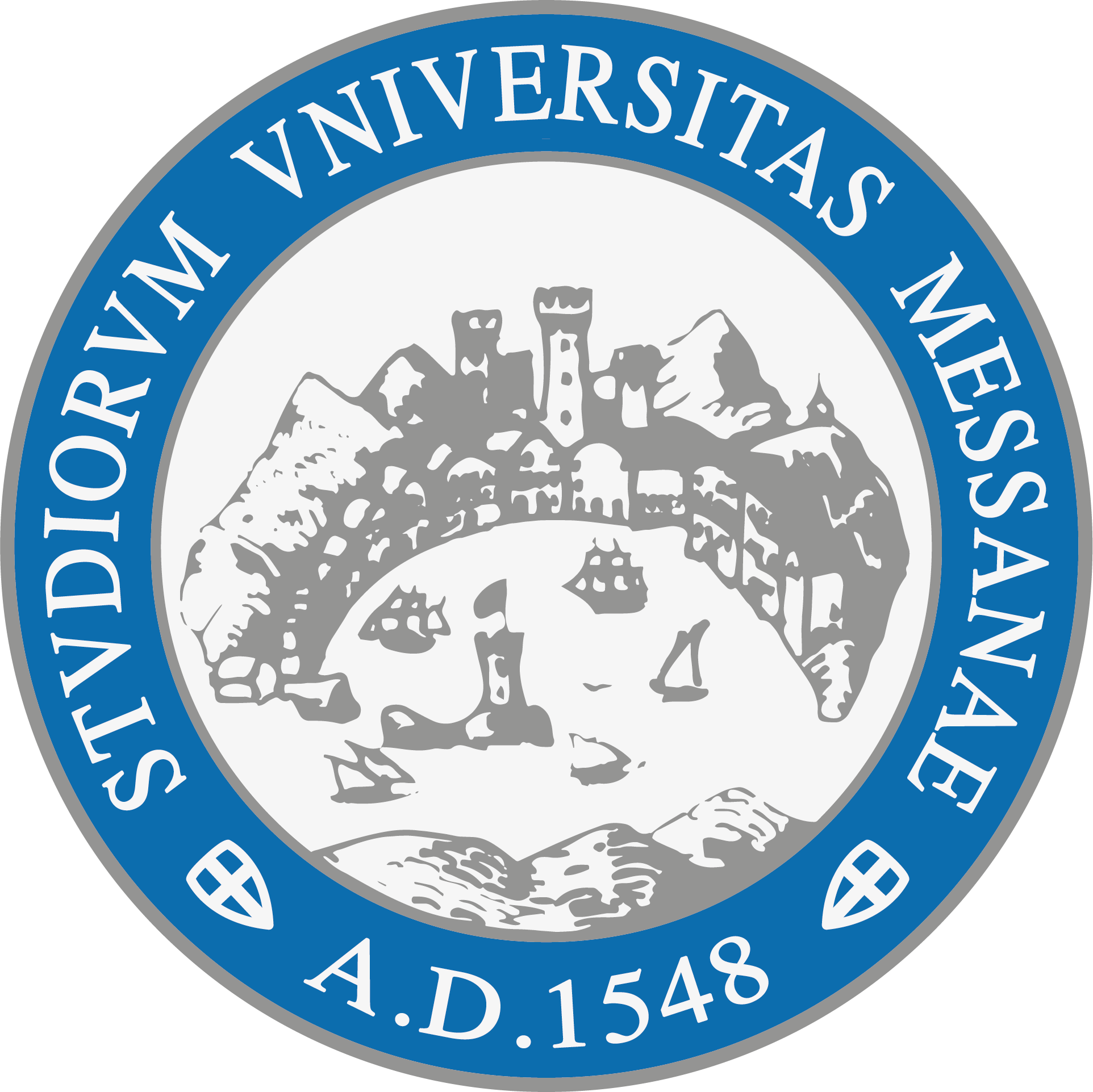Digital Twins for Nuclear and Particle physics - NPTwins 2025
Aula Accademia Peloritana
Università di Messina
Nuclear and high energy physics facilities, such as CERN, Jefferson Lab, RHIC, and the forthcoming EIC, have been built around the world to study the visible universe at the fermi scale. They are already producing exabytes of data. This unprecedented amount of data holds the promise of solving many of the mysteries in elementary particle interactions such as QCD in the nonperturbative regime. However, extracting the required information is an extremely challenging task, as there is no available analytic solution to interpret data. Solving this challenge requires nuclear and particle physics to develop and adopt methods from data science, AI/ML, applied mathematics, and large-scale computing and adapt them to this goal. Digital twins, in particular, can simulate and model complex nuclear and elementary particle processes, providing a virtual replica that enhances understanding and predictive capabilities. This multidisciplinary approach, fostering cross-field collaboration and the exchange of ideas, is still in its infancy. The integration of digital twins into nuclear and particle physics could revolutionize how we approach and solve these complex challenges.
This is the second edition, after Genoa (2024).
The workshop will be held in the Main Building of Messina University. It will start after lunch on Monday, October 6 and continue for other two full days until 6pm on Wednesday, October 8.
The format includes contributions from experts in Physics and Data Science according to five tracks:
- Data reconstruction;
- Data analyses;
- Physics extraction;
- Physics interpretation;
- AI tools.

Supported by:


